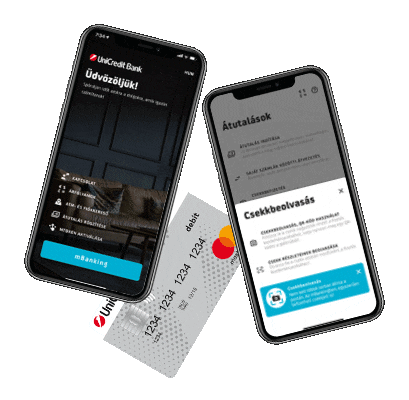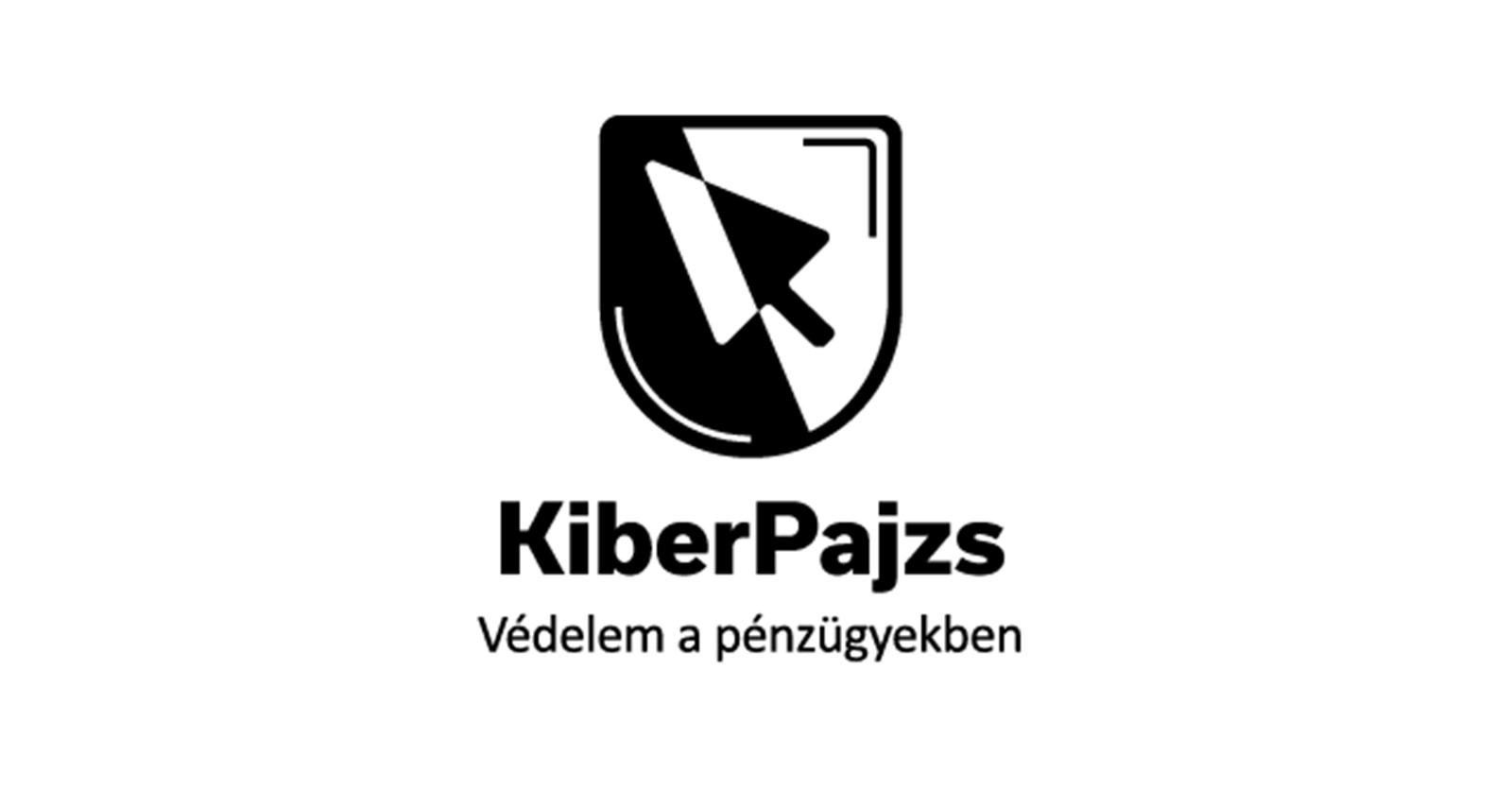
 Avoid fraudsters - A guide to safe banking
Avoid fraudsters - A guide to safe banking
The number of transactions we can do online is growing all the time and we are using digital services more and more. This has been discovered by fraudsters, who use very creative ways to defraud us of our money, to scare us, to rush us or to make us feel like we are missing out on a special opportunity.
 Their aim is to get our banking details – mobile or internet banking access codes, passwords, credit card details – or to defraud us of money in some way.
Their aim is to get our banking details – mobile or internet banking access codes, passwords, credit card details – or to defraud us of money in some way.
Do you recognise fraudsters? Test your knowledge with our quiz: try to answer the questions about online purchases correctly here to be prepared for the unexpected!
If you receive a suspicious call, SMS or transaction:
- Call our customer service immediately on +36 1/20/30/70 325 3200.
- Call us at 1, Block your debit card, where you can report the fraud and, if necessary, immediately secure your debit card and other digital services.
- We also recommend that you file a police report at the police station in your area.
Our bank never asks for the following identifiers – you should not give share these either:
- Your bank card details: card number, PIN, expiry date, the three-digit CVV/CVC code for online purchases on the back of your card.
- Your user ID and password to use the internet or mobile banking service.
- Codes to activate services including Apple Pay, Google Pay and, after obtaining your eBanking ID, your mBanking or mToken activation code.
- Authentication codes for your credit card transactions and transfers. It is also important that you do not authorise the approval of these transactions.
CyberShield:
Visit the CyberShield site for comprehensive descriptions and advice on how to arm yourself against the various methods used by fraudsters.
 We do our utmost to protect our customers
We do our utmost to protect our customers
We always put our customers' interests first in the way we do business. We do this even when full compliance with the law and market regulations may cause inconvenience, because we believe that prudent operations provide the necessary security for our customers. Our services and processes are also aligned with this ambition.
If you receive a suspicious call or notice a transaction, please contact our customer service team (+36 1/20/30/70 325 3200/1, menu item Bank card blocking)!
We would like to inform our customers that in case of misuse of a cash substitute payment instrument (e.g. debit card, internetbank, mobile app), we will investigate the issue of liability. We will not be liable for damages if the investigation shows that the customer's seriously negligent behaviour contributed to the damage. The final decision on the existence of serious negligence may be taken by the court.








 .
.
